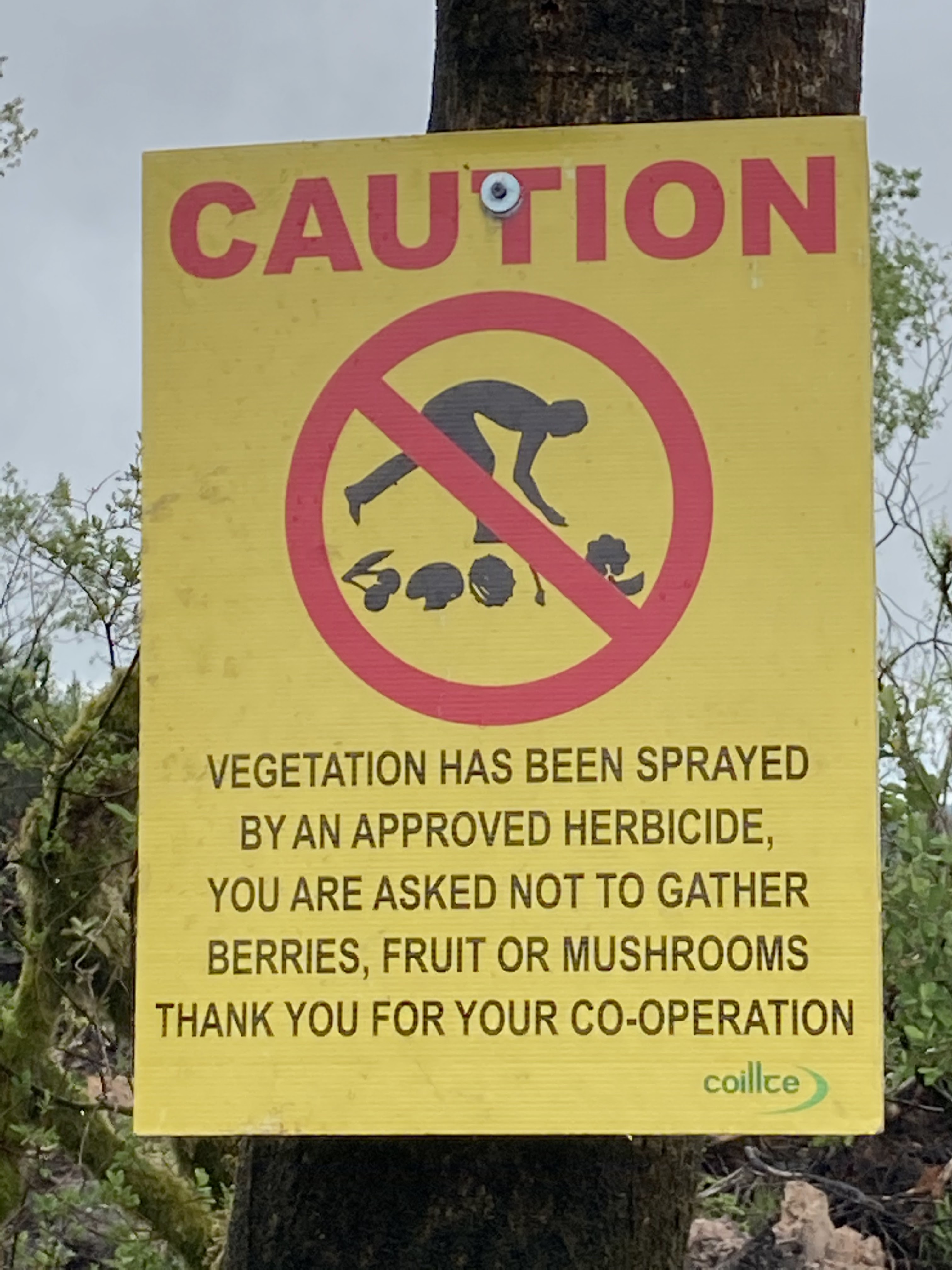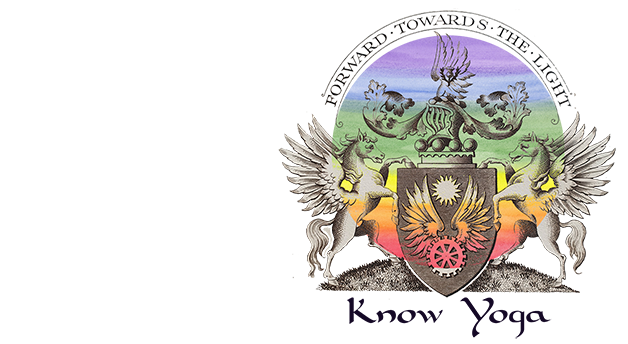
URGENT MATTERS: Hasten Slowly
I finally had a conversation with the acquisitions editor in Palgrave about delays with publishing my second book (I’m a contributor and editor. It’s a joint publication). Today, or over the weekend, I’ll go through the final edits, I hope. It would be wonderful if this could be published soon. It’s got such a strong coherent emphasis on how philosophy is a practice that is as pragmatic and effective as getting the plumbing right in a house. The house in this case is our oikos, our home. We don’t own our home, though. Our home is what we’re born into. We’re here on the sufferance of all the species who made space for us but who we’ve exploited and abused, like traumatised teens. What traumatised us? Our inability to feel at home, for one thing. Our misunderstanding of our place here, for another.
Here’s an (edited) extract from one of my chapters
Making friends with the Earth is an essential part of the equation in how we reconcile ourselves with the fractured relationship we have and how we approach its repair. Making friends with ourselves also demands attention. The story goes that we are addicted to consumption (Tim Morton has written beautifully about this). Consuming goods is bad for us when it is bad for the systems that we exploit and abuse to obtain those goods. Consumption the disease provides a handy metaphor, but cancer might provide another. As cells within a body overreach their urge to replicate, the body itself starves. Yet we cannot seem to stem the flow of energy inward, even as the world crumbles around us.
Addiction and the wisdom of insecurity
Just today the news of insecurity, political and social, caused by ‘climate change’, was released. We were writing about this in the eighties in Oxford. I wrote a paper about how splitting off refugee flows from acceptable reciprocal relationships between nations, herding refugees into camps or detention centres, or otherwise criminalising survivors of land wars, ideological fundamentalism, or torture for self expression, ultimately leads to the bubbling anger in which terrorism foments.
Addiction is a kind of fragmentation. Two parts of the brain no longer in communication. Gabor Maté has explored addiction as a learned response to trauma using the metaphor of hungry ghosts. Those lost souls of Buddhist cosmology with tiny mouths and huge stomachs spend eternity attempting to satiate a raging and inconsolable appetite. He has also advocated that, rather than disown the addict as the unacceptable ‘other’, we reimagine them as our shadow self. This befriending of the rejected self parallels the befriending of the Earth. To reintegrate is also to rehabilitate or rehome ourselves through practices that have long roots in Asian traditions of thought and their associated embodied philosophies.
I’d recommend that today we practice owning the unacceptable ‘other’, even in just a metaphorical way. We can imagine, until we can find a way to talk to those we know hold the key to shifting how we, the species, respond. What we all respond to is the emergence of all that will continue to clamour for our attention, until and unless it becomes too late.

Pity the publishers have been so slow in getting this work out there. Maybe it will happen soon.
LikeLike
I know. It’s a mixture of things, though. Globalisation doesn’t seem to help. I wish you luck with your latest publication, and hope people will appreciate the long and winding journey you have taken to get an excellent piece of literature out there for the public’s delectation and delight.
LikeLike